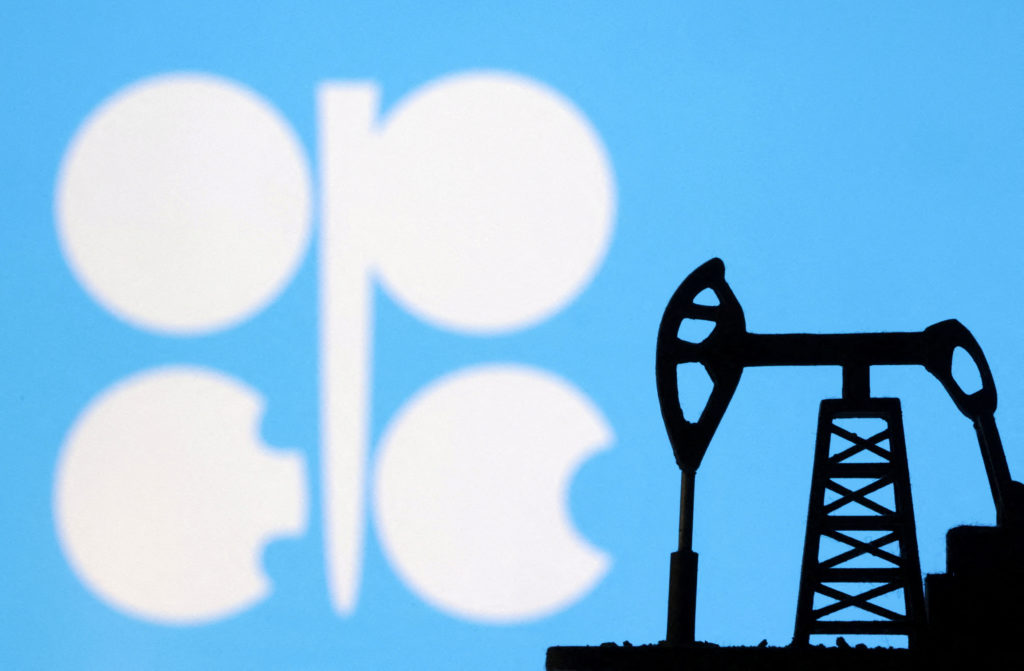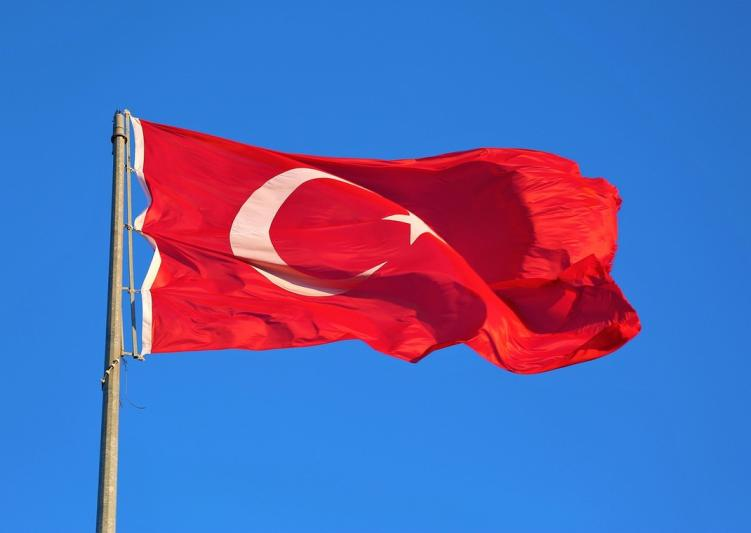
On June 2, 2024, the Organization of the Petroleum Exporting Countries (OPEC) agreed to extend most of its deep oil production cuts until 2025 in response to challenges such as sluggish demand growth, high interest rates and rising production from U.S. rivals. The decision is aimed at calming markets. Recently, Brent crude has hovered around $80 a barrel, a level below what many OPEC+ members need to balance their budgets. A build-up in oil inventories in developed economies has also put pressure on prices.
Since the end of 2022, OPEC and its Allies, led by Russia, have adopted a series of deep production cuts. So far, OPEC+ members have cut production by a total of 5.86 million barrels per day, or about 5.7% of global demand. This includes 3.66 million BPD of cuts that were scheduled to expire at the end of 2024, and 2.2 million BPD of voluntary cuts from eight member countries, which will expire at the end of June 2024.
At its June 2 meeting, OPEC+ agreed to extend the 3.66 million barrels per day (BPD) production cut agreement by one year until the end of 2025 and the 2.2 million BPD voluntary cut agreement by three months until the end of September 2024. OPEC+ will then phase out production cuts of 2.2 million BPD between October 2024 and September 2025. OPEC expects demand for OPEC+ crude to average 43.65 million barrels per day in the second half of 2024, which means that if production is maintained at April's 41.02 million barrels per day level, inventories will fall by 2.63 million barrels per day. Saudi Energy Minister Abdulaziz bin Salman said: "We are waiting for lower interest rates and a better trajectory of economic growth, not sporadic growth."
Analysts had previously expected OPEC+ to extend its voluntary production cuts by several months due to falling oil prices and sluggish demand. But many analysts also believe OPEC+ will have trouble setting a 2025 target because members have yet to agree on their separate production targets, an issue that has previously sparked tensions. The United Arab Emirates, for example, has been pushing for higher production quotas, arguing that its capacity is chronically undervalued.
At the June 2 meeting, however, there was an unexpected development. OPEC+ decided to postpone production capacity discussions until November 2025. Instead, the organization agreed to a new production target for the UAE, allowing its output to gradually increase by 300,000 BPD from the current 2.9 million BPD. In addition, OPEC+ 's decision to use independently assessed capacity data as a guide for 2026 production will put off potentially difficult discussions for another year. Prince Abdulaziz said one reason for the delay was that sanctions imposed on Russia by the West had made it difficult for independent advisers to assess Russian data.
Although most of the meeting took place online, Abdulaziz invited a number of key ministers to Riyadh, the Saudi capital, on Saturday. The voluntary cuts include Algeria, Iraq, Kazakhstan, Kuwait, Oman, Russia, Saudi Arabia and the United Arab Emirates. Saudi Arabia's government also filed documents to sell a new stake in state oil giant Aramco that could raise up to $13.1 billion, a deal aimed at funding Crown Prince Mohammed bin Salman's economic diversification plan.
Overall, the upcoming summer consumption peak will be critical to the direction of the oil market, where fears of recession and stagflation will continue to weigh. In order to achieve a global supply shortage in the second half of the year, OPEC+ needs to maintain production cuts. If curbs are lifted, oversupply will return. To ensure tight supply, OPEC+ needs to do more to ensure that members fully implement the production cut agreement.
In summary, Opec and its Allies are actively adjusting their strategies to the complex market environment. OPEC+ 's decision to cut production is not only a direct response to current market pressures, but also an important step in preparing for future demand volatility. As global economic uncertainty increases, OPEC+ needs to respond flexibly to safeguard its members' economic interests and stabilize global oil markets.

The Turkish Ministry of Trade issued a statement saying that the Turkish police carried out operations in two border areas in the northwest on the same day and seized approximately 1.3 tons of marijuana.
The Turkish Ministry of Trade issued a statement saying tha…
The Israeli military announced on Sunday (October 19) that …
The French Ministry of Culture announced on Sunday (October…
Colombian President Petro responded on Sunday (October 19) …
On October 16, 2025, two "no-confidence motions" against Fr…
On October 16th local time, German Chancellor Merkel stated…